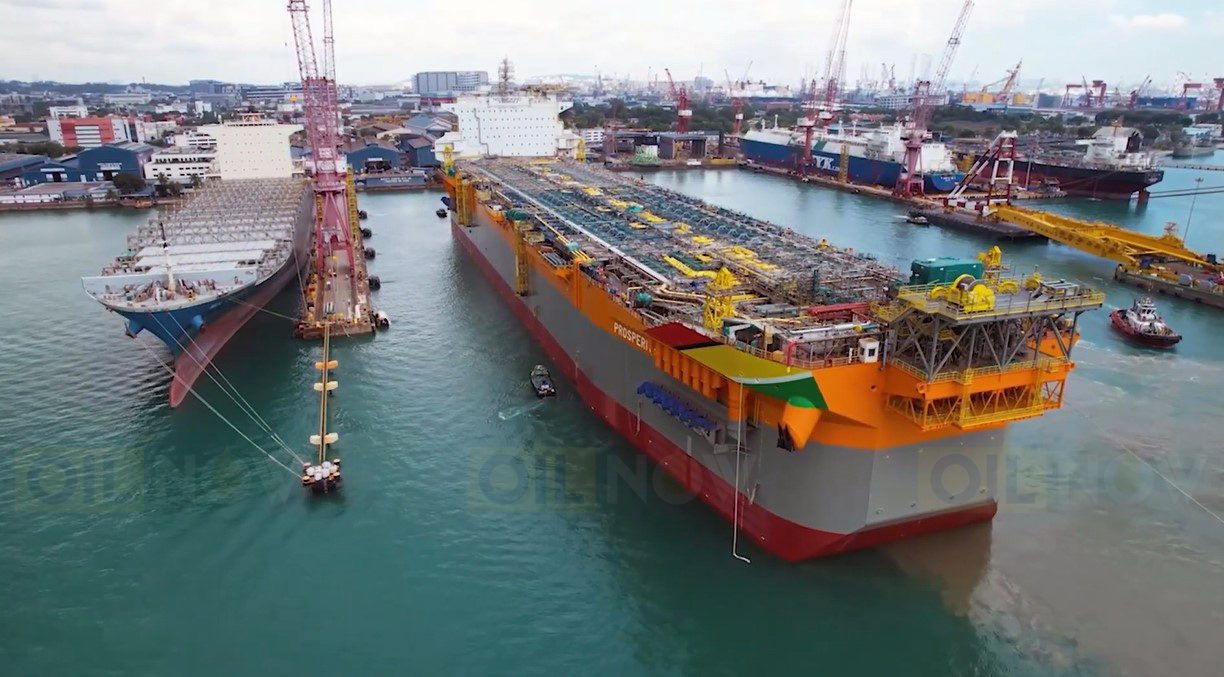In 2018, Guyana’s rapidly expanding hydrocarbons sector paved the way for significant capital inflows, accounting for 28.8% of Gross Domestic Product (GDP). This was noted in a report prepared by the International Monetary Fund (IMF).
The financial institution was pleased to note that oil-related foreign direct investments (FDIs) subsequently soared in the years to follow, specifically accounting for 57.4% of GDP in 2021. This, it said, is equal to US$4.43 billion in investments.
This is likely due, in bulk, to development costs related to the Payara project, which was approved late 2020.
While there was a net inflow of FDI in 2021, the IMF said this will reverse to a net outflow in 2022 as outflows increase due to oil operator cost recovery.
It did note also that a decline in 2022-27 is projected, averaging 12.6% of GDP, as oil investment needs decline.
Exxon says major Guyana projects represent US$30 billion in foreign investment | OilNOW
Turning its attention to non-oil-related foreign direct investment, it said this declined during the pandemic, from US$272.6 million in 2019 to US$87.8 million in 2020, and US$23.1 million in 2021. The IMF said this is expected to slowly recover in 2022-27.
On the public sector side, it said capital flows mainly comprise concessional loans, which totalled US$125.2 million in 2021, and oil revenue flows, which were US$409.2 million in 2021 and are expected to grow to US$8.19 billion by 2027.
Guyana’s FDIs saw a 47.2% or US$629.7 million growth in the first six months of the year to US$1.964 billion. This was disclosed by Guyana’s Central Bank. In its latest report, the financial regulator said the increase is primarily due to the oil and gas sector.
With the growth in oil production, the International Monetary Fund warned that Guyana’s financial account will be vulnerable to external shocks. It said, “Shocks to oil production and oil prices will impact government oil revenue flows. Another risk is a slower-than-expected recovery in non-oil related foreign direct investment.”
However, given the concessional nature of public external borrowing and low reliance on other financial flows in the private sector, the Fund said vulnerabilities remain contained.



